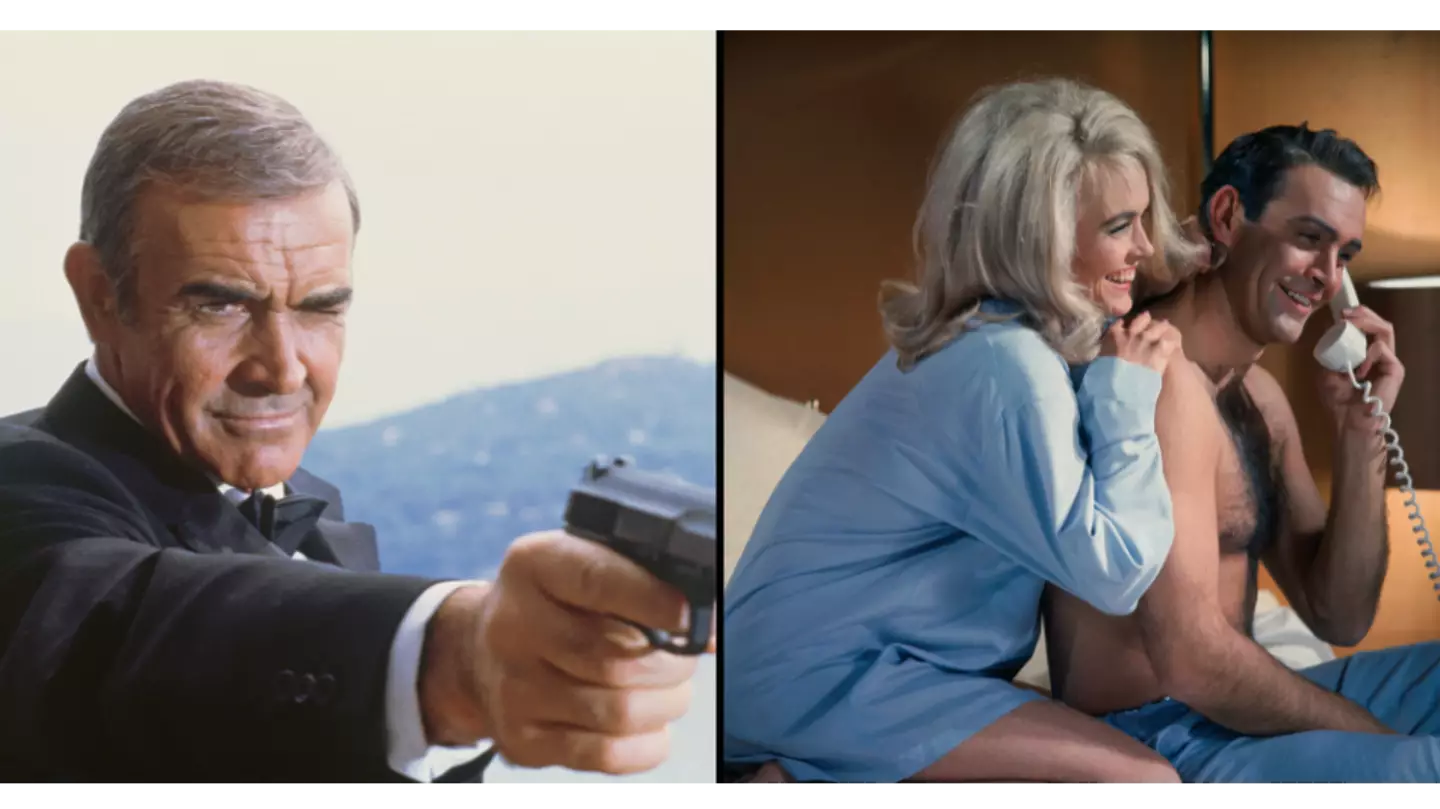
The British Film Institute (BFI) is set to put disclaimers at the start of some of the films in the James Bond franchise.
Based on the books by Ian Fleming, the movie series began in the 1960s and is still hugely popular with audiences.
But a lot of things have changed between the first Bond film Dr No in 1962 and the most recent with Daniel Craig's final outing as Bond in 2021's No Time to Die.
And old media being rewritten to edit out offensive material is nothing new - especially in the James Bond world.
Advert
Earlier last year, it was reported by The Telegraph that some of Fleming's novels would be undergoing a review for sensitivity.
They would also reportedly display a disclaimer which says: "This book was written at a time when terms and attitudes which might be considered offensive by modern readers were commonplace.
“A number of updates have been made in this edition, while keeping as close as possible to the original text and the period in which it is set.
"The changes have led racist language to be removed throughout the novels."
Advert
And it seems as though the BFI is following suit.
The organisation is hosting a showcase of movies worked on by composer John Barry - including two Bond films.

These are You Only Live Twice from 1967 and Goldfinger from 1964.
Advert
And the BFI has chosen to add a disclaimer at the start of both films, which warn viewers that 'contain language, images or other content that reflect views prevalent in its time, but will cause offence today (as they did then)'.
The disclaimer adds: "The titles are included here for historical, cultural or aesthetic reasons and these views are in no way endorsed by the BFI or its partners."
You Only Live Twice also has a specific trigger referring to a section in which Sean Connery infamously tries to appear to be Japanese.
The disclaimer warns that the film 'contains outdated racial stereotypes'.
Advert
A spokesperson for the BFI said to Metro: "As a cultural charity with responsibility for the preservation of film and moving image work and presenting it to audiences, we continuously face and deal with challenges presented by the history of film and television programmes and how they reflect views prevalent to their time.
"Whilst we have a responsibility to preserve films as close to their contemporaneous accuracy as possible, even where they contain language or depiction which we categorically reject, we also have a responsibility in how we present them to our audiences."

Adding: "We continuously review our processes around the presentation of film and moving image work to make improvements and support audience trust.
Advert
"We listen to customer feedback and also continue to work closely with the BBFC and their classifications to give appropriate guidance.
"This work is by its nature on-going."
The trigger warnings, they say, rather 'act as guidance that a film or work reflects views of the time in which they were made and which may cause offence'.
They would also appear when customers 'confirm tickets' and 'appear in our printed guide and website copy related to the season'.
The BFI is not the only film institution to feature disclaimers, however.
Many older Disney films, like The Aristocats and Lady and The Tramp, also feature disclaimers at the start about the offensive content in the movie which read: "This programme includes negative depictions and/or mistreatment of people or cultures.
"These stereotypes were wrong then and are wrong now."
Featured Image Credit: Bob Penn/Sygma/Sygma via Getty Images/Getty Stock ImageTopics: News, UK News, James Bond, TV and Film
